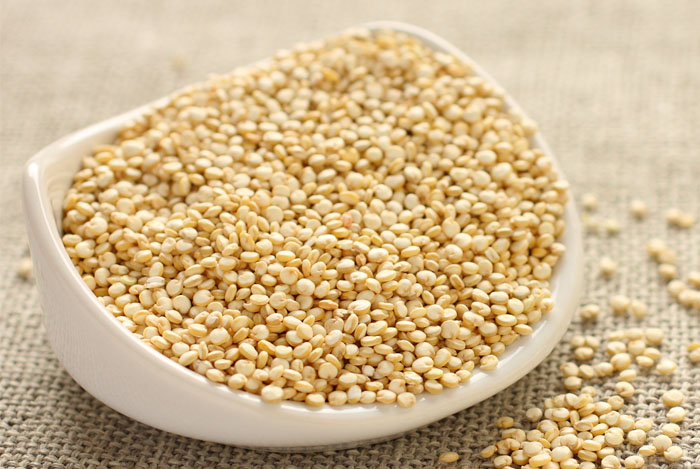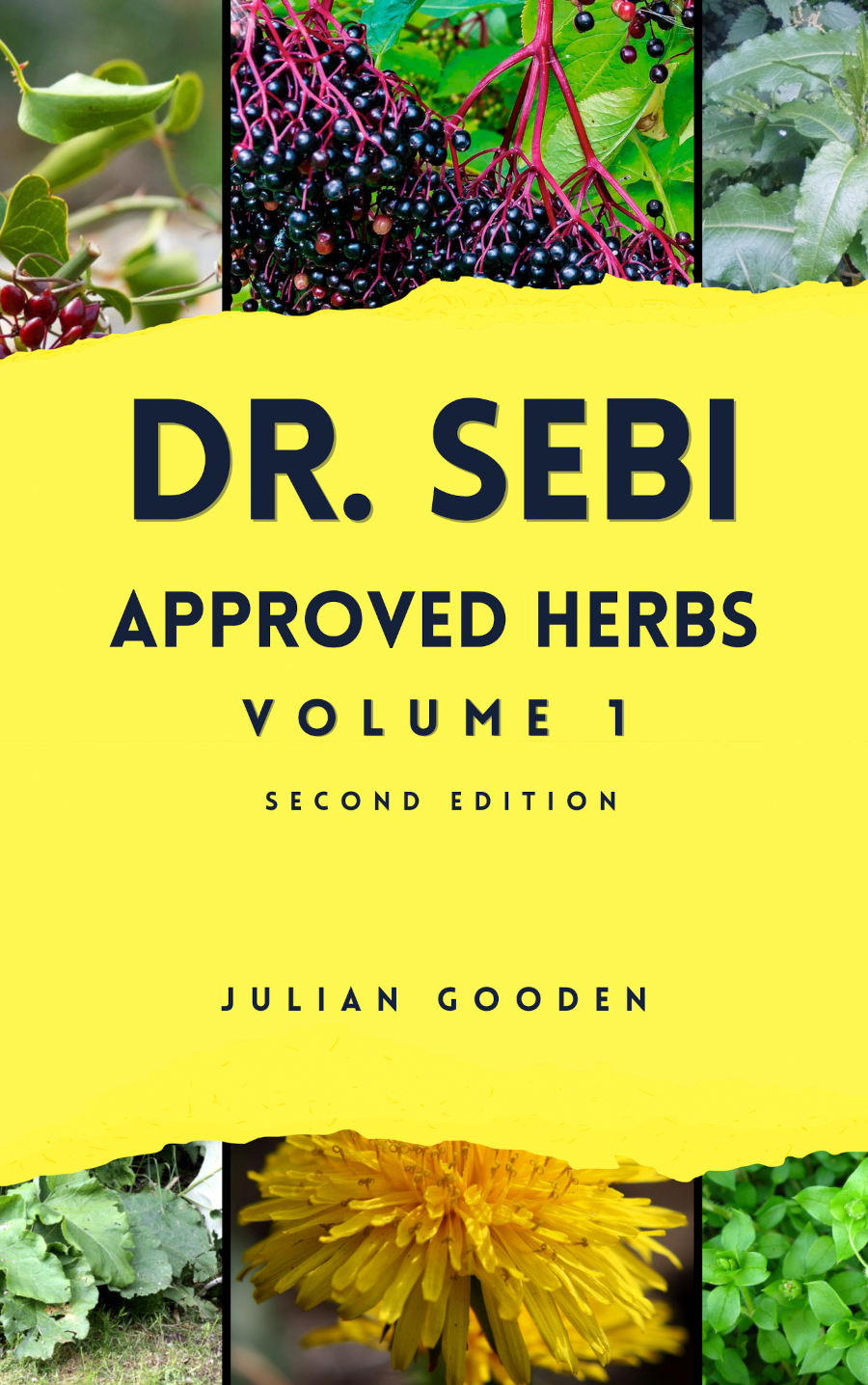Quinoa is an annual seed-producing flowering plant grown as a grain crop. Quinoa is gluten-free. It is high in fiber, magnesium, iron, potassium, calcium, phosphorus and various beneficial antioxidants.
Scientific Name:
Scientific Name: Chenopodium quinoa
Other Names:
Quinoa is known by various names in different regions, including quinua, kinwa, and kinuwa.
Origin:
Quinoa is native to the Andean region of South America, where it has been cultivated for thousands of years. It was a staple food for the Incas and has been grown in countries like Peru, Bolivia, Ecuador, and Colombia.
Wild Species:
The cultivated quinoa (Chenopodium quinoa) is derived from wild species within the Chenopodium genus. Wild varieties of quinoa can still be found growing in the Andean region.
Research Information:
Quinoa has been the subject of various scientific studies due to its nutritional content and potential health benefits. Research has focused on its antioxidant properties, and its suitability for individuals with celiac disease or gluten sensitivity. Numerous studies highlight its role as a nutrient-dense, gluten-free grain alternative.
Nutritional Content:
Quinoa is highly nutritious and is a good source of fiber, and minerals (including magnesium, phosphorus, and iron). Quinoa is also gluten-free, making it suitable for those with gluten-related disorders.
Medicinal Value:
Quinoa is not only valued for its nutritional content but also for potential health benefits. Some studies suggest that quinoa may contribute to heart health, weight management, and diabetes control due to its fiber and other nutrient content. It also contains antioxidants, which are believed to help combat oxidative stress in the body.
Culinary Use:
Quinoa is versatile in the kitchen and can be used in various dishes. It is often cooked and used as a side dish, in salads, or as an ingredient in main courses. Quinoa flour is used in baking, and quinoa flakes can be used in breakfast dishes like porridge. The grains have a mild, nutty flavor.
Warnings:
While quinoa is generally safe and well-tolerated, some people may experience digestive discomfort if they consume it in large quantities. Additionally, it contains oxalates, which can contribute to the formation of kidney stones in susceptible individuals. Washing quinoa thoroughly before cooking can help reduce oxalate levels.
 Loading...
Loading...
References:
Quinoa (Chenopodium quinoa Willd), from Nutritional Value to Potential Health Benefits: An Integrative Review – https://www.researchgate.net/publication/303845280
Quinoa (Chenopodium quinoa Willd.): An Overview of the Potentials of the “Golden Grain” and Socio-Economic and Environmental Aspects of Its Cultivation and Marketization – https://www.ncbi.nlm.nih.gov/pmc/articles/PMC7074363/pdf/foods-09-00216.pdf








